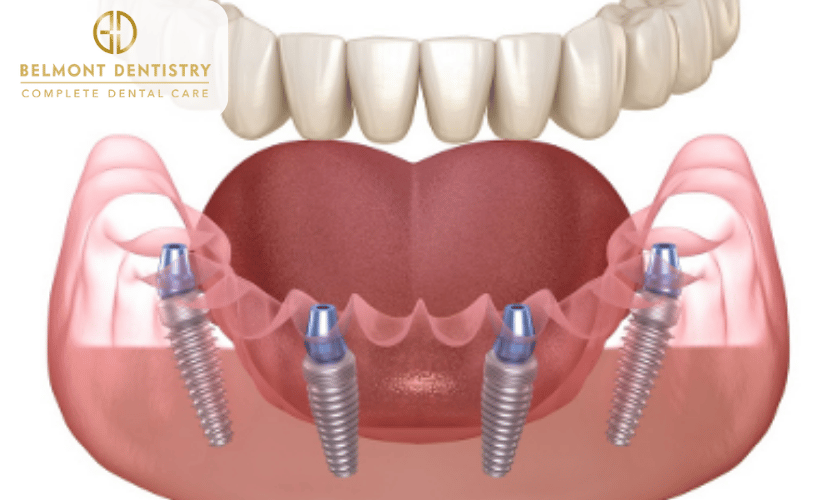Dr. Puneet Sandhu is the best dentist I have ever been to!
If you are looking for a dentist you can trust, that does a perfect job and is an amazing human being, then you must visit Belmont Dentistry Scottsdale!
I will definitely be coming here for all of my procedures and have a long-term relationship with Belmont Dentistry Scottsdale. Thank you for being so great!

Belmont Dentistry Scottsdale is as modern and contemporary as can be, using all the latest technology to ensure quick and good results with all they have done for me over several years. They have good contacts with competent specialists and are accustomed to offering referrals for specific work beyond their levels of experience and comfort. I would recommend each of their three current dentists to any of my friends and family.

Jessica, the hygienist, is an amazing! I enjoy my appointments. I love that Belmont Dentistry doesn’t try to sell me treatments. They give thorough recommendations without being pushy.

I admittedly put my dental health on the back burner getting a business off the ground the last few (several +) years. Not a single person I came in contact with made me feel bad about it, they all were kind and helpful and made sure I knew what was needed from most to least critical. Glad I found my dentist!






